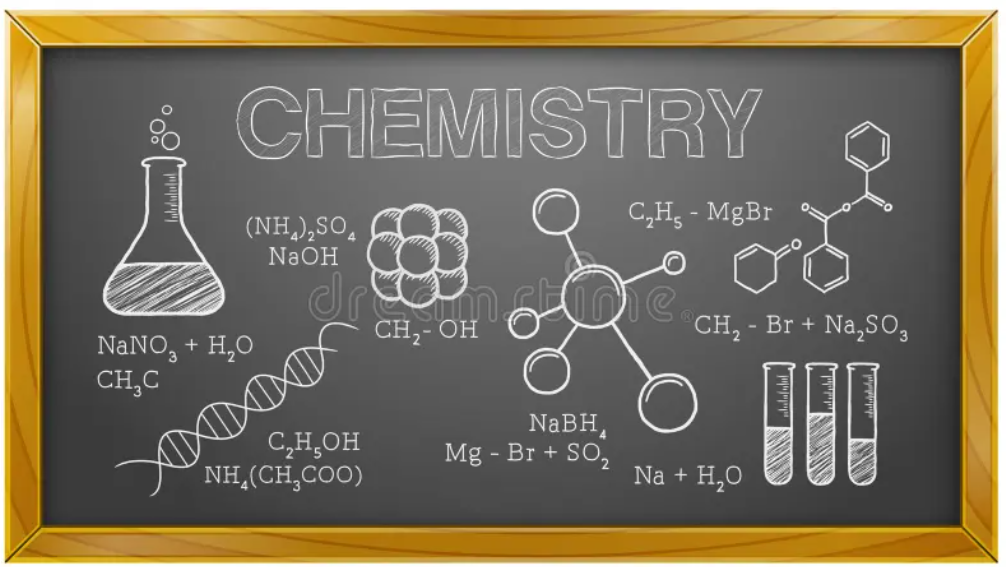Chemistry
Chemistry is a branch of science that deals with the study of matter, its properties, composition, structure, and the changes it undergoes during chemical reactions.
It is often referred to as the "central science" because it connects and overlaps with other scientific disciplines like physics, biology, geology, and environmental science.
Chemistry plays a vital role in understanding the composition of substances, the interactions between different elements and compounds, and the basis of many natural processes and technologies.
Key Concepts and Topics in Chemistry:
-
Atoms and Elements: Atoms are the basic units of matter, and each element is composed of one type of atom. Elements are represented by symbols from the periodic table, such as H for hydrogen, O for oxygen, and C for carbon.
-
Periodic Table: The periodic table is a tabular arrangement of elements based on their atomic number and chemical properties. It provides a systematic way of organizing elements and predicting their properties.
-
Molecules and Compounds: Molecules are formed when two or more atoms chemically bond together. Compounds are substances composed of molecules that contain different elements combined in fixed ratios.
-
Chemical Reactions: Chemical reactions involve the rearrangement of atoms and the formation or breaking of chemical bonds. They are represented by chemical equations and result in the conversion of reactants into products.
-
States of Matter: Chemistry studies the three fundamental states of matter: solid, liquid, and gas. Phase transitions, such as melting, boiling, and condensation, are crucial concepts in this area.
-
Stoichiometry: Stoichiometry deals with the quantitative relationship between reactants and products in chemical reactions. It involves the use of mole concepts and balanced chemical equations.
-
Acids and Bases: Acids are substances that release hydrogen ions (H+) in aqueous solutions, while bases release hydroxide ions (OH-). Acid-base reactions are essential in various chemical and biological processes.
-
Thermodynamics: Thermodynamics examines the transfer and transformation of energy in chemical systems. It includes concepts like enthalpy, entropy, and Gibbs free energy.
-
Chemical Bonding: Chemical bonding explains the forces that hold atoms together in molecules and compounds. Types of bonding include covalent, ionic, and metallic bonding.
-
Organic Chemistry: Organic chemistry focuses on the study of carbon-containing compounds, which form the basis of life and are vital in many industrial processes.
-
Analytical Chemistry: Analytical chemistry involves techniques and methods to identify and quantify the composition of substances.
-
Physical Chemistry: Physical chemistry combines principles of physics with chemistry to study the physical properties and behavior of chemical systems.
Chemistry is a powerful science that has a profound impact on various aspects of our lives, from the development of pharmaceuticals and materials to environmental monitoring and energy production.
It is essential in understanding the building blocks of the universe and the interactions that occur at both the macroscopic and microscopic levels. Additionally, chemistry plays a crucial role in addressing global challenges, such as climate change, pollution, and sustainable resource management.
